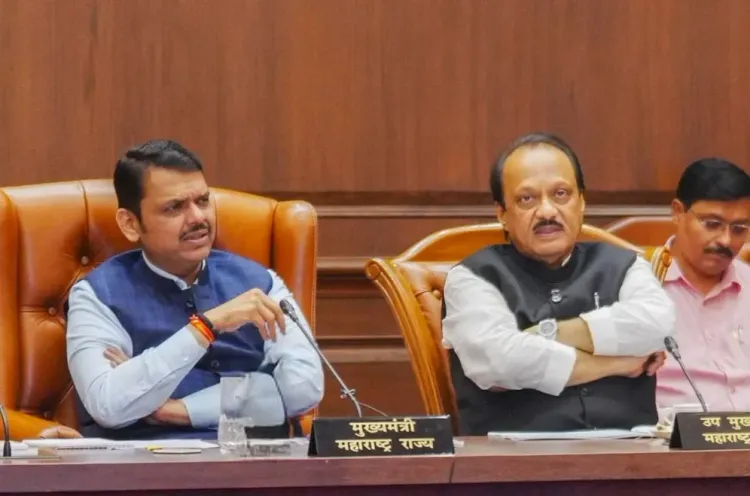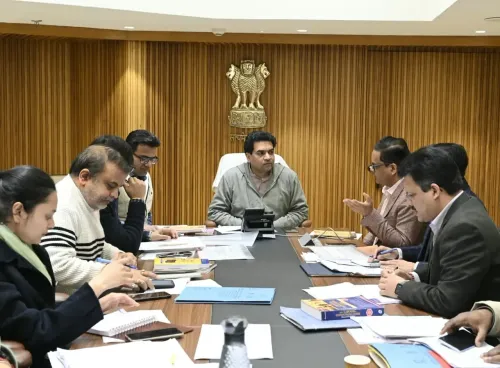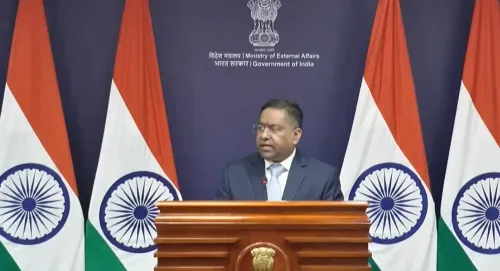What Changes is the Maharashtra Government Proposing to the Amnesty Scheme?

Synopsis
Key Takeaways
- Maharashtra's tax amnesty bill aims to recover outstanding tax dues.
- The amnesty period is from March 21 to December 31, 2025.
- 100% payment is required for undisputed taxes.
- Outstanding interest and penalties will be waived.
- 30% and 50% payments are required for disputed taxes.
Mumbai, July 3 (NationPress) The Maharashtra government presented a bill on Thursday aimed at modifying the Maharashtra Settlement of Arrears of Tax, Interest, Penalty or Late Fee (Payable by Public Sector Undertaking Companies) Act, 2025, to facilitate the recovery of outstanding tax dues and to alleviate the burden of long-standing litigations.
The proposed legislation seeks to enhance the state amnesty scheme to enable the recovery of protracted lending dues. This amnesty scheme is set to be applicable from March 21 to December 31, 2025.
“A significant volume of tax levies is currently under litigation by various entities, including Corporations, Public Sector Banks, Departments, Rural or Urban Local Bodies, and other Authorities or Enterprises governed by Central Acts aside from the Companies Act, 2013 or State Acts,” the bill indicated.
Furthermore, the bill noted, “To unlock the funds tied up in outstanding tax dues and minimize the backlog of old litigations, the government finds it necessary to offer a lump sum payment option for the settlement of arrears consisting of tax, interest, penalty, or late fees, along with the closure of old pending litigations for those Authorities, Corporations, and Departments willing to settle by making such lump sum payments. Hence, it is proposed to amend clause (c) of sub-section (1) of section 2 of the Act accordingly.”
The bill clarifies that there is no provision for recurring or non-recurring expenditure from the Consolidated Fund of the state upon its enactment as an Act.
As per the statutory mandate, no relief will be granted for undisputed taxes prior to June 30, 2017. According to the bill, 100 percent of the undisputed tax must be settled. However, for disputed taxes, a payment of 30 percent is required for the period before March 31, 2005.
Per the statutory requirements, any outstanding interest and penalties will be waived. For the interval from April 1, 2005, to June 30, 2017, 50 percent of the disputed amounts must be settled.
To benefit from the Amnesty Scheme, the necessary payments must be made within the designated time frame.










